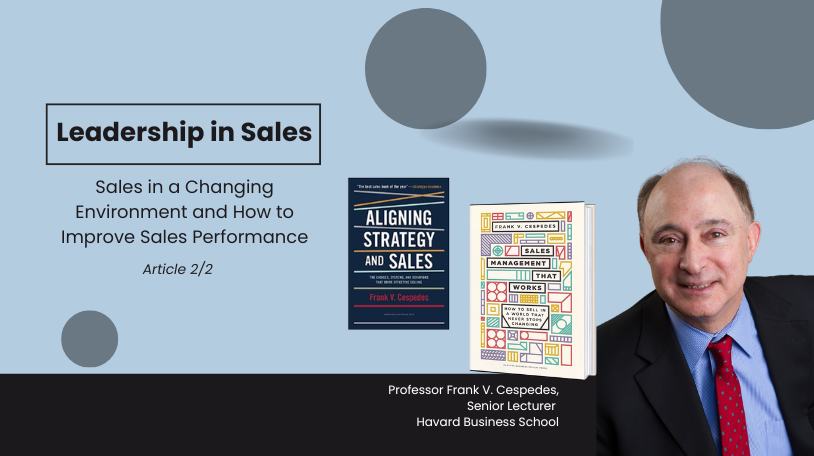
Let’s face it – Companies these days are waking up to a whole new workforce reality.
It feels like we have only just settled into adapting to the presence of millennials, and now we find ourselves needing to brace for the impact of Generation Z.
Welcome to the era of Gen Z, the “True Gen,” “iGen,” or simply the “zoomers” (born from 1997 to 2012), who are now striding into the workplace like a breath of fresh air. And let’s set the record straight – they’re definitely not here to be labeled as delicate strawberries.
Remember when some of those more experienced folks rolled their eyes at Gen Z? They called them “entitled”, “lazy”, and heaven forbid, “softies who can’t handle life’s curveballs“.
Yet, this generation embodies a potent mix of tech-savviness, social consciousness, and entrepreneurial spirit. Their unique work preferences challenge conventional norms, prompting companies to navigate this uncharted territory strategically.
Let us delve into the intriguing duality of Gen Zs in the workplace and explore strategies for businesses to harness their potential while mitigating potential pitfalls.
Making Waves in the Workplace
This dynamic cohort is ushering in a fresh and vibrant energy that is impossible to ignore. That includes a fresh set of expectations of a workplace that organizations have yet to keep up with. Before we delve into the strategies for harnessing Gen Z’s potential, here is an insight of what these trailblazers are and what makes them unique.
Tech-Savvy
PROS
Gen Zs have grown up in a world where technology is as essential as air. This digital fluency is not just a casual familiarity; it’s a part of their DNA. As digital natives, they possess a deep understanding of technology and are comfortable with using various digital tools and platforms. Their ability to harness technology and leverage it for enhanced productivity is turning them into invaluable assets, pushing companies to adapt and embrace the digital future.
CONS
As Gen Z had grown up in a world of instant gratification and quick information consumption due to the rise of social media and digital platforms, this could lead to a shorter attention span and a preference for quick, bite-sized content. In a world of lengthy tasks and complex projects, this “blink and you miss it” approach might need a bit of fine-tuning.
Socially Conscious
PROS
A strong sense of social responsibility is a defining trait of Gen Zs. They are not content with merely collecting paychecks; they want their work to have a meaningful impact on society. Companies are now under pressure to demonstrate their commitment to social causes and environmental sustainability, aligning their values with those of their Gen Z employees. This generation is using their voice, both within and outside the workplace, to champion positive change, making them a powerful force for social betterment.
CONS
Gen Z’s have a strong commitment to causes, often raising their voices and making themselves heard. However, when every decision or project becomes a platform for social justice, it can be overwhelming. Striking the balance between meaningful advocacy and staying on track professionally can be a tightrope act.
Entrepreneurial Ambitions
PROS
Entrepreneurship is more than a buzzword for Gen Zs – it’s a way of life. Many in this generation are eager to create their own opportunities and shape their destinies. This entrepreneurial zeal is not just confined to starting their own businesses; it is about bringing an entrepreneurial mindset to every task they undertake. Gen Zs are unafraid to take calculated risks, challenge the status quo, and pioneer fresh solutions, infusing workplaces with an infectious spirit of innovation.
CONS
With this mindset, many are open to freelancing, side hustles, or even creating their own startups. Hence, Gen Zs have a knack for hopping from one gig to another, sometimes faster than you can say “career ladder.” Their entrepreneurial spirit might lead them to explore various opportunities, which can keep HR departments on their toes. Companies may in turn face higher employee turnover as Gen Z seeks opportunities to pursue their entrepreneurial dreams.
What You Need to Prepare for: Bridging the Generational Gap
As Generation Z strides confidently into the professional world, they are not just joining the workforce; they are joining a diverse tapestry of generations.
From Baby Boomers to Gen X and Millennials, each cohort brings its own set of experiences, values, and work styles. The biggest challenge – and the opportunity – lies in integrating these diverse generational threads into a harmonious and productive fabric.
By recognizing that everyone starts somewhere, businesses can approach the integration of Gen Z with empathy and understanding. The journey of bridging generational gaps might involve a few stumbles and fumbles, but it is a journey worth undertaking.
Just as previous generations have left their mark on the workforce, Gen Z is ready to make their own mark, adding their own new ideas and dimensions that could break the norms of what we define in the workplace.
Here are three suggested strategies you can start working on to prepare your organization for the new cohort:
Let Wisdom Meet Innovation
The seasoned veterans of the workforce, like the Baby Boomers and Gen X, bring decades of industry knowledge and insights to the table. Their experience is a goldmine of practical wisdom. On the flip side, Gen Z’s fresh perspectives and tech-savvy outlook infuse a dose of innovation that can breathe new life into established processes. By encouraging cross-generational knowledge exchange, companies can create a powerful synergy where tradition meets transformation.
Work-Life Balance: Adapting Expectations
Gen Z’s emphasis on work-life balance may clash with the hustle culture embraced by some older generations. Striking a balance that respects varying work values and needs is essential. Flexible work arrangements that accommodate both Gen Z’s desire for autonomy and older generations’ commitment to traditional office hours can foster a harmonious work environment.
Collaboration Spaces: Physical and Virtual Arenas
Physical spaces matter, and so do virtual ones. Designing workplaces that encourage cross-generational collaboration – whether it’s open-plan offices, brainstorming corners, or virtual platforms for idea sharing – can break down barriers and encourage a free flow of ideas. These spaces become melting pots where diverse perspectives fuse into innovative solutions.
The Business Paradox: Gen Z as a Double-Edged Sword
The entry of Generation Z into the workforce introduces a compelling paradox for businesses. As we bid adieu to the conventional and embrace the modern multi-generational workforce, Generation Z stands at the forefront, ready to steer the ship into uncharted waters. Their impact is bound to be profound, paving the way for an era where innovation, purpose, and collaboration reign supreme.
So, embrace the rise of Gen Z – they are not just the workforce of tomorrow; they’re the catalysts of today’s transformational journey.



